Dr. Jennifer Mullendore, medical director for Buncombe County Department of Health & Human Services, discusses the disease and its growing prevalence in the Asheville area.
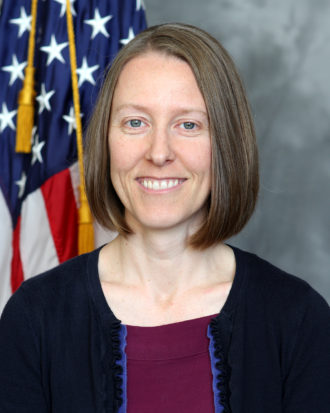

Dr. Jennifer Mullendore, medical director for Buncombe County Department of Health & Human Services, discusses the disease and its growing prevalence in the Asheville area.
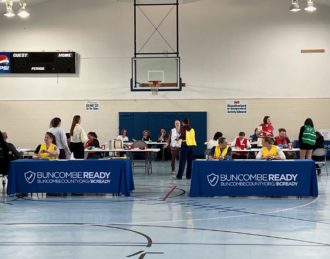
The exercise was a mass distribution of hepatitis A vaccines, explains BCDHHS Director of Nursing Amparo Acosta, who served as the on-site incident commander. “We know that being prepared is critical to dealing with emergencies.”

The free SlowCOVIDNC app uses Bluetooth technology to let users know if they’ve been in close contact with someone who has tested positive for COVID-19, speeding up notifications of potential exposure.
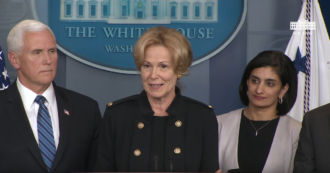
Despite the state reporting some of the lowest COVID-19 case counts in the Southeast, the White House Coronavirus Task Force continues to place North Carolina in the “red zone.” The designation means state health officials reported more than 100 new cases per 100,000 people in the last week.
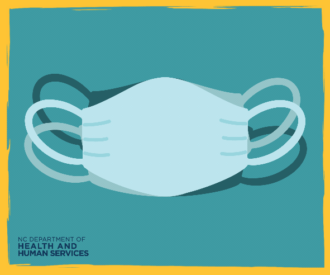
The N.C. Medicaid Optional COVID-19 Testing program will fully reimburse Medicaid providers for the costs incurred by testing people without insurance for COVID-19.
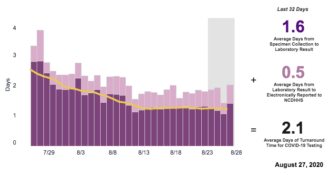
COVID-19 testing rates have slowly dropped over the past several weeks, both in North Carolina and across the country, said Dr. Mandy Cohen. But for those who do get tested, she emphasized, state labs have the capacity to quickly process results.
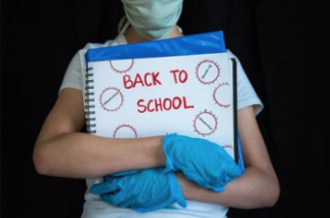
A week into the start of the academic year for Asheville and Buncombe County K-12 schools, local officials remain in open, weekly conversations with district administrators to help manage the spread of COVID-19.

Starting this weekend, a task force of public health and law enforcement officials will begin issuing citations for restaurants and breweries in violation of COVID-19 safety guidelines.

While Asheville and Buncombe County K-12 schools are planning to start the academic year with heavy reliance on remote learning due to COVID-19, the area’s colleges and universities are taking a more aggressive approach in returning to campus. Western North Carolina’s higher learning institutions are bringing back students from across the state and around the country.

Saunders, who has served as the health director for Alamance County since 2014, will replace Dr. Jennifer Mullendore, Buncombe’s interim public health director since March 9. Mullendore will continue her duties as the county’s medical director.
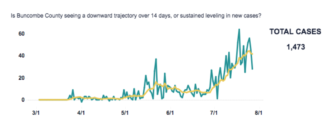
As Buncombe’s COVID-19 case count grows, there is little data on cases in individuals who live in another county but travel to Buncombe for work or leisure. Plus, North Carolina’s metrics may indicate some relief statewide.

Instead of bringing students back to the classroom under the Plan B model outlined by Gov. Roy Cooper, as had been announced on July 14, the Asheville City Board of Education voted unanimously to follow the remote-only Plan C for at least nine weeks at a July 23 special called meeting.
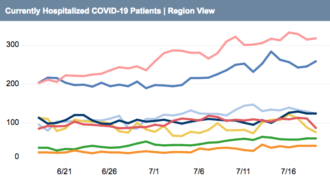
N.C. Department of Health and Human Services unveiled an expanded dashboard detailing hospital capacity in different parts of the state. Of the 1,086 North Carolina patients hospitalized for COVID-19 on July 19, 41 were in Western North Carolina.
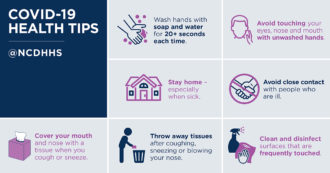
In the last week, Buncombe County’s percentage of positive tests has jumped from 2% to 4%. Although North Carolina’s statewide positivity rate hovers around 9%, the local increase indicates a rise in the coronavirus’ community prevalence.
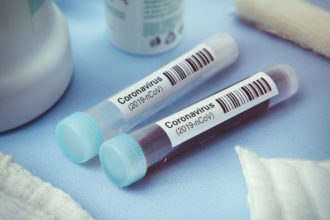
After reviewing death records, a county long-term care facility is now regarding 10 deaths previously attributed to COVID-19 as not caused by the coronavirus. The change will lower Buncombe’s total COVID-19 deaths to 30.
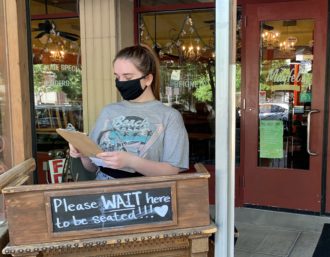
A new statewide face covering mandate will go into effect on Friday, June 26, at 5 p.m., a month after Buncombe County began requiring face coverings in all public indoor facilities. Under the new executive order, people are required to wear a face covering in all indoor or outdoor public spaces when physical distancing is not possible.

According to the latest data from the N.C. Department of Health and Human Services, individuals under the age of 50 make up 67% of COVID-19 cases but only 5% of COVID-19 deaths. Plus, statewide metrics continue to worsen.
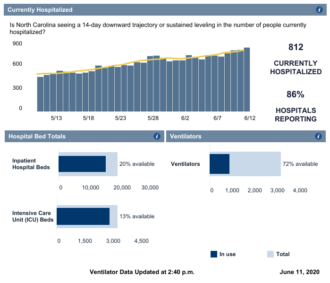
North Carolina reports highest number of COVID-19 hospitalizations for second straight day. Plus, Aston Park Health Care Center reports more deaths than any other congregate living facility in the state.
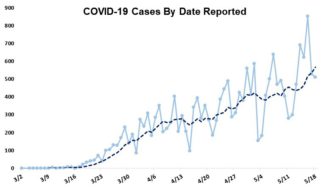
Four nursing homes and long-term care facilities in Buncombe County are now experiencing COVID-19 outbreaks, announced Dr. Jennifer Mullendore, the county’s interim health director, at a May 18 press conference. The county has not yet disclosed the names of two of the facilities reporting outbreaks.
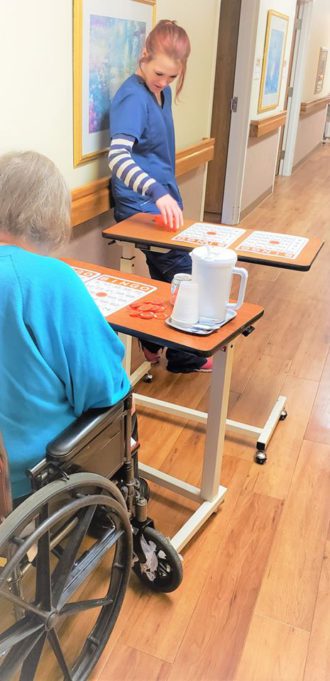
County officials said Aston Park Health Care Center and Deerfield Retirement Episcopal Skilled Nursing Home both had active outbreaks of the disease, defined by the N.C. Department of Health and Human Services as two or more lab-confirmed cases in staff or residents. They did not share the specific number of cases reported for each outbreak.

The two bills signed into law by Gov. Roy Cooper on May 4, both unanimously passed by the General Assembly, together designate nearly $1.6 billion for the state’s COVID-19 response and grant flexibility in many areas of regulation.